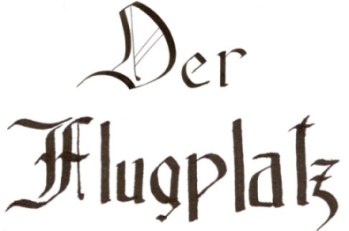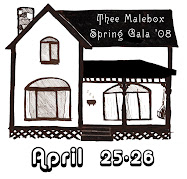
I was thinking today about ways to present my senior thesis at the end of this semester, and the idea popped into my head of using some of my photography. As I pictured myself showing and explaining my own pictures, it seemed ridiculous. I thought “Who does this?” Other people should be critiquing my work and telling the group what I was doing, what I intended, because that’s largely what we do in the arts. The creator of what we’re studying is rarely presenting his own material, or even sitting in the back to chime in with “Actually, that’s not at all what it means.”
There’s a certain level of protection for the artist in this. As soon as he puts something out there, the populace will begin dissecting, embellishing, musing, and basically doing whatever they want with it. But the responsibility seems to be somewhat lifted from the creator; and the explanatory weight seems to be shifted away.
But isn’t this fact largely what makes art and talking about it interesting? I’m definitely not a proponent of “everyone’s opinion is equal and we all have the same right to be heard on a level playing field” crap. Some people are vastly more qualified than others to relevantly discuss certain issues. If I were to be involved in a discussion on poetry, the majority of my time would be spent listening, because chances are everyone in the group would be better equipped than I to comment and I know that. But it is the difference of opinions and perspectives that make up a large portion of what’s interesting about art. And unless we’re dealing with an artist harboring some personality disorder, we’ll only get one interpretation from him, and any discussion would involve creator vs. non-creator. Were he alive, would you tell Rembrandt what he meant by painting “Christ on the Storm on the Lake of Galilee,” after he’d already told you?
So in the artist’s absence, we’re able to hold conversations that may make the creator roll in his grave. But we may also touch on something that he didn’t intend at all, and benefit ourselves and others beyond any of his dreams. This more active engagement with art is, I think, what motivates new artists to create. If we were to hear one side of every poem, painting, song, and story, most of us would probably think along the lines of “Well, I can’t do that kind of thing.” I think I would.



2 comments:
Brother, I must say, I think your flower photos are wonderful. I always think that your composition and lighting is artful, but with this subject matter, you seem to be able to really focus your energies on the composition and depth of field (like the yellow lilly in with the mountain looming in the background) and some of the finer points - perhaps because you're not trying to capture action. I also think the photos of the fair are interesting. Everytime I pass that ride I want to barf - your picture seems to capture what I think is going on on that thing! (were there tatoo artists at the fair? when I saw that picture in the context of the fair pictures, I immediately thought of the tatooed carnival man in "Parker's Back" that so inspired O.E.
Nice work!
Larson
That makes me think of Dan Bukvich. He composes lots of thing on a completely non-emotional, technical basis (or at least that is what he told me). He does this, and people are in tears after the composition is performed, telling Dan what it meant to them. Dan enjoys this. It makes me think that art, in all its forms, can be boiled down to the technicalities, and those who learn the technicalities can capitalize on that. I'm sure there was some sliver of emotion in his work though, no matter what he said.
Post a Comment